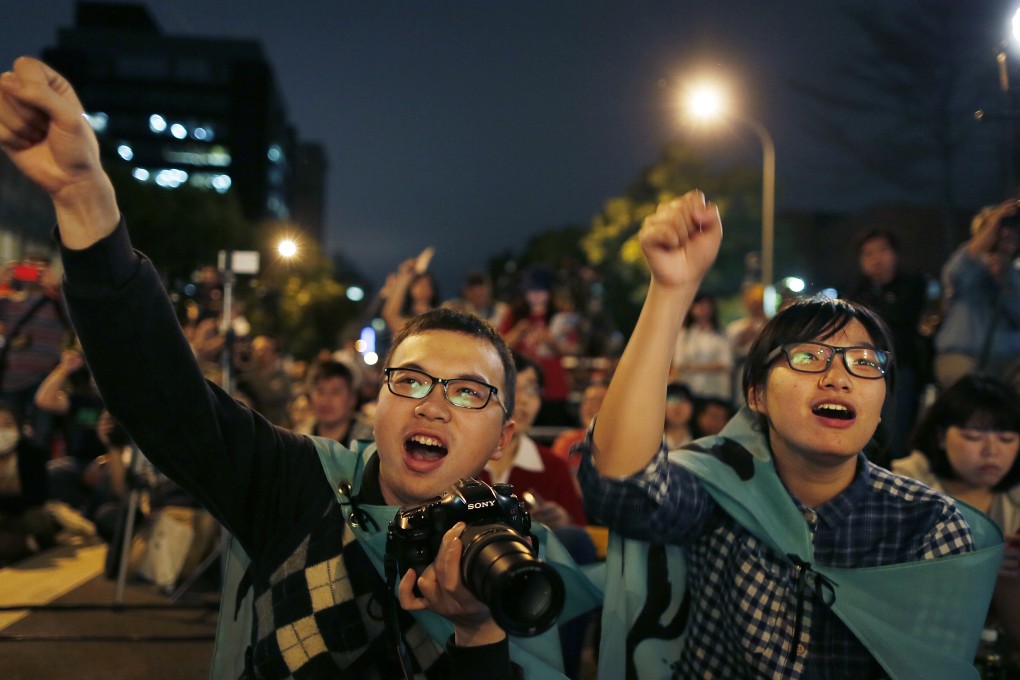The 'Taiwanisation' of Hong Kong politics
Sonny Lo believes the island is also a factor in Beijing's Hong Kong policy

The Taiwan factor has been neglected in considering Hong Kong's political development. Arguably, the way Beijing handles constitutional reform is a reflection of its broader policy towards Taiwan.
First and foremost, cynics are wrong to argue that Beijing is insincere in supporting democratic reform in Hong Kong. Quite the contrary, it wishes to see lawmakers approve the reform model designed by the Hong Kong government under the parameters of the August 31 decision of the National People's Congress Standing Committee.
The main reason is that after a smooth passage of the reform bill, Beijing could then appeal to Taiwan for political dialogue over reunification, arguing that the Hong Kong model of "one country, two systems" is actually characterised by democratic elections.
In this scenario, Hong Kong would be a politically symbolic place to host meetings between mainland officials and their Taiwanese counterparts and could play a crucial role in bridging the differences between the two sides.
Beijing and its supporters in Hong Kong argue that the Standing Committee decision has opened the door for some degree of democratic reform. At the same time, they reject the Taiwanese model of democratisation as put forward by the pan-democrats - in the form of mass participation in the nomination of chief executive candidates.
To Beijing, Hong Kong's model of democracy has to be different from Taiwan's. This is characterised by a nominating committee that puts forward politically acceptable candidates.